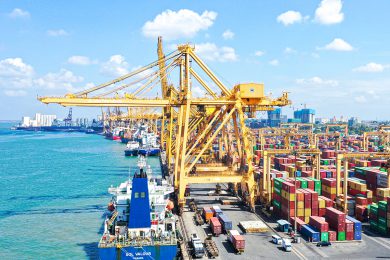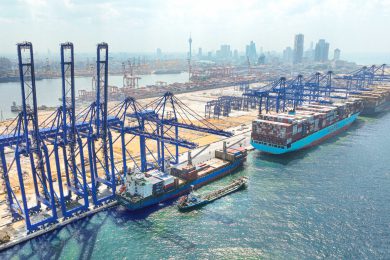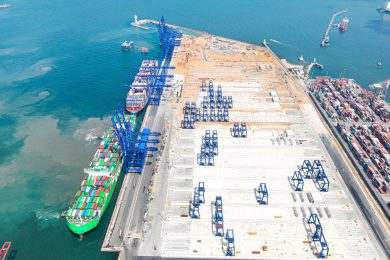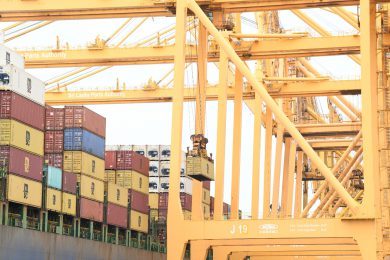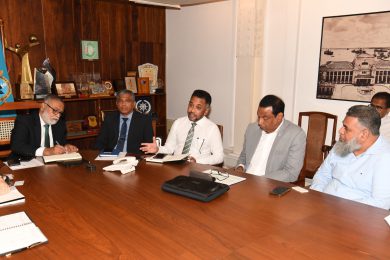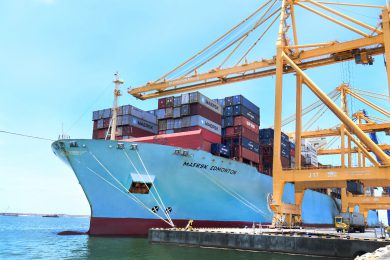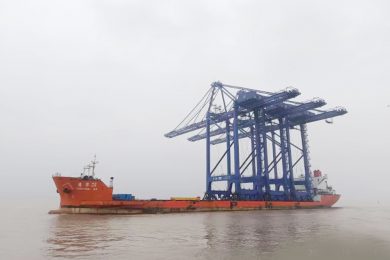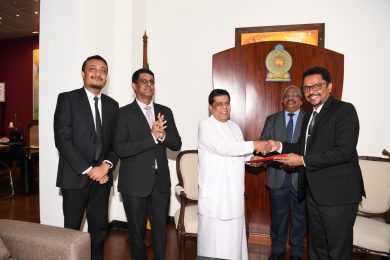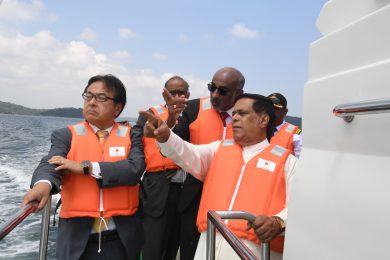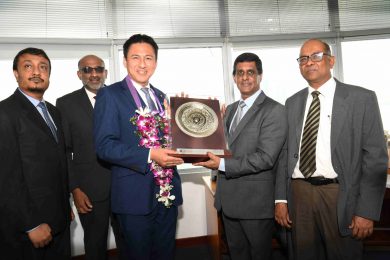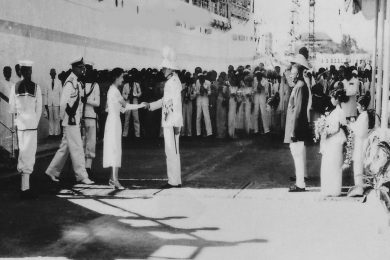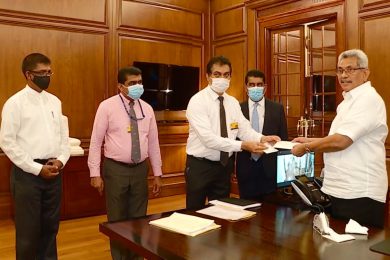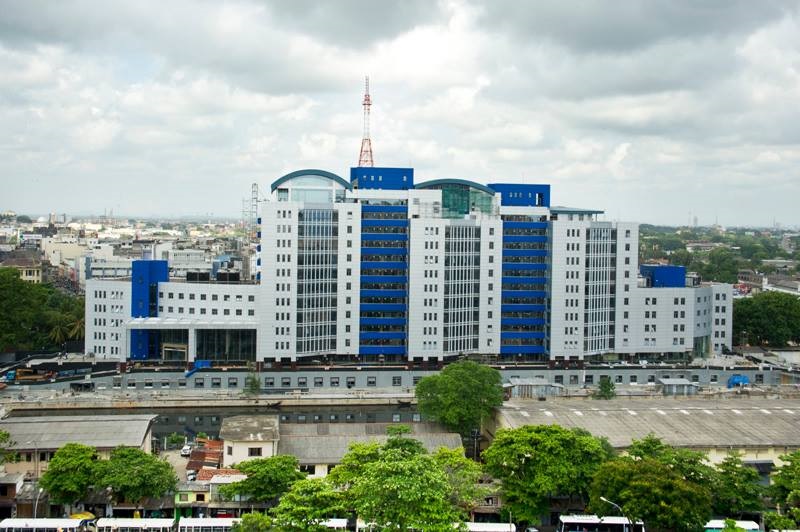Sri Lanka Customs has decided to prioritise clearance of goods with immediate effect, given the sudden spike of COVID-19 infected people in Colombo.
Issuing a statement, Sri Lanka Customs Director General Major General (Retd.) G. Vijitha Ravipriya said that essential goods, perishables, medicine, medical equipment, bulk cargo, sugar, cement, fertiliser, raw materials required for export processing zones and factories as well as goods necessary for Government projects would be released on a priority base.
However, clearance of general cargo will be controlled considering the increased COVID-19 infected people in the country.
Thereby, Sri Lanka Customs called on the general public not to panic and gather at its premises and gates unnecessarily to clear cargo. It also requested the public to adhere to health guidelines and to allow Government officials to carry out their duties while giving priority to clear essential cargo required for all citizens of the country.
Sri Lanka Customs also noted that failing to adhere to the health guidelines and organisation directives would compel it to shut down operations.
Meanwhile, Sri Lanka Customs said the digital tools have empowered the organisation to provide efficient service to its users while keeping in line with health authority guidelines amidst the COVID-19 pandemic.
“Sri Lanka Customs embarked on several modernisation processes which include trade facilitation agreement and implementation of paperless procedures. These measures helped immensely to maintain social distance to contain contamination due to the pandemic. As a result, we have now been able to reduce our daily customers from 500 to 50, which is remarkable,” Sri Lanka Customs Additional Director General Sunil Jayaratne told the Daily FT, a Colombo based daily newspaper.
Although there are certain lapses in certain systems, he said that most of the services are functioning without major disruptions. “A new system takes a little time to adapt into it. While many are now familiar there are few that need more awareness particularly on submitting documents which causes delays in certain procedures,” he added.
Jayaratne also pointed out that the implementation of the four state-of-the-art cargo scanning machines have helped reduce the inspection time of less-hazardous items drastically, while saving time of Custom officials to examine time and reduce interaction with people significantly.
Sri Lanka Customs collects close to 60% of State tax revenue, international trade is a key revenue source of the country.
The organisation has been using ASYCUDA for more than two decades to process declarations and a fully-fledged online e-payment platform since 2017. To further digitalise the process during the pandemic, trade operators were allowed to submit scanned copies of other supporting documents such as invoices.
In addition, regulatory approvals issued by other Government agencies, such as the Sri Lanka Standards Institute, plant and animal quarantine services, the food inspector service, and national medicinal regulatory approval, were allowed to an online platform to which Customs has access. Submission of manifests, delivery orders, and other shipping documents is also done electronically.
Jayaratne also regular engagement private sector stakeholders has helped them to provide remedies for the issues faced by them, during the COVID-19 first wave in early this year and measures have been changed accordingly.
Courtesy: Daily FT



